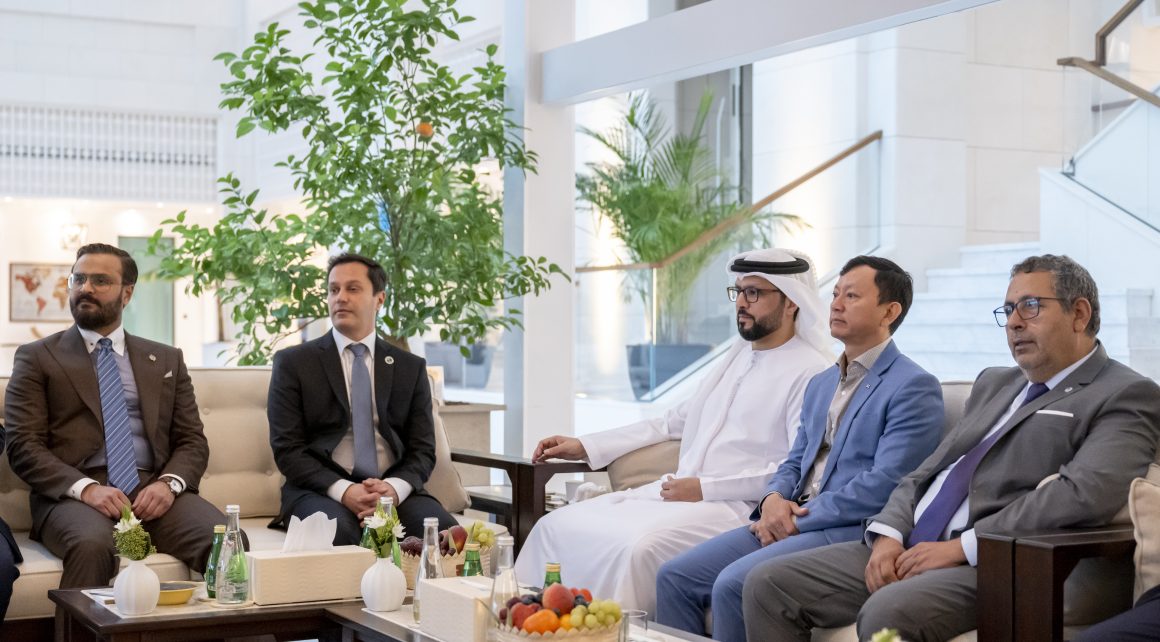The Ministry of Interior and the Gulf Police Service recently hosted the seventh edition of the strategic dialogue focused on developing an efficient, multilateral framework for global police work.
This event, organised by Interpol, was attended by notable dignitaries, including Dr. Mohamed bin Ali Koman, Secretary-General of the Council of Arab Interior Ministers, Major General Ahmed Nasser Al-Raisi, President of INTERPOL, Jürgen Stock, Secretary-General of INTERPOL, and Jassim Mohamed Al-Budaiwi, Secretary-General of the Gulf Cooperation Council.
Notable participants also included representatives from Al Khaleej Al Arabiya, Hamad Ajlan Al Amimi, Assistant Secretary for Security Affairs at the General Secretariat of the GCC, Milton Junior, Special Commissioner of the Brazilian Federal Police, representative of the Executive Secretary in Imperial, Brigadier General Zha Lin Tun, Executive Director of the Association of Southeast Asian Nations (ASEAN), and HE Brigadier General Michael Jones, Executive Director of the Executive Agency for Combating Crime and Security of the Caribbean Community (IMPACS) ), to name a few.
This dialogue serves as a global platform under INTERPOL’s auspices, uniting regional police organizations and major intergovernmental bodies concerned with security affairs. It facilitates high-level discussions aimed at harmonizing efforts in the face of global threats.
This international initiative, inaugurated in 2016, underscores the importance of adopting a comprehensive and coordinated global approach to addressing security threats across continents. Its objectives include reinforcing cooperation, promoting the exchange of information and best practices, and eliminating redundancy in the endeavors of major international and regional law enforcement agencies.
Participants in the seventh edition included representatives from the Council of Arab Interior Ministers, the Cooperation Council for the Arab States of the Gulf, the Gulf Police Service, AFRIPOL organizations, the Latin American Police Community Organization (Americapol), ASEANPOL, and IMPACS.
Additionally, officials and experts from Interpol, the Economic Cooperation Organization, the European Union (Europol), the European Border and Coast Guard Agency (Frontex), the Regional Counter-Terrorism Structure, the Shanghai Cooperation Organisation, and the United Nations Office on Drugs and Crime attended.
This dialogue strengthens the global response to criminal threats and enhances coordination between Interpol and regional policy and border management organizations. It promotes the integration of these efforts, minimizes duplication, and fosters the exchange of information and expertise in the realm of policy worldwide.
WAM

